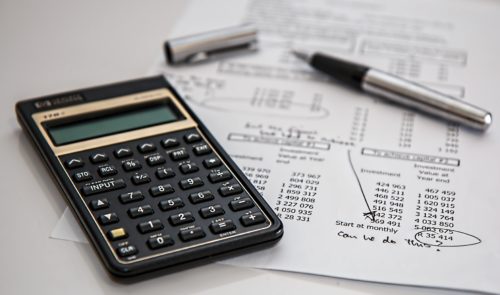
If you are considering filing for bankruptcy, you may be wondering how it will affect your ability to get a mortgage in the future. Bankruptcy can have a significant impact on your credit score and your financial situation, but it does not mean that you will never be able to buy a home again. Depending on the type of bankruptcy you file, the type of mortgage you want, and the steps you take to rebuild your credit, you may be able to qualify for a mortgage after a certain waiting period. Please continue reading and reach out to a seasoned Bergen County bankruptcy lawyer from the Law Office of Boyd & Squitieri to learn more about how bankruptcy may affect your ability to get a mortgage, and how long you may have to wait.
What are the different types of bankruptcy?
There are two main types of bankruptcy that consumers can file: Chapter 7 and Chapter 13. Chapter 7 bankruptcy involves liquidating your non-exempt assets and discharging most or all of your debts. Chapter 13 bankruptcy involves setting up a repayment plan to pay back some or all of your debts over three to five years. The type of bankruptcy you file will determine how long you have to wait before applying for a mortgage.
How long will I have to wait before applying for a mortgage?
According to the guidelines of the major mortgage programs, the waiting periods after bankruptcy are as follows:
- Conventional loans: Four years after Chapter 7 discharge or dismissal, or two years after Chapter 13 discharge or four years after Chapter 13 dismissal. The waiting period may be reduced to two years for Chapter 7 or Chapter 13 if you can show extenuating circumstances that were beyond your control and have since been resolved.
- FHA loans: Two years after Chapter 7 discharge or one year after Chapter 13 discharge or payment period (with court approval). The waiting period may be reduced to one year for Chapter 7 or Chapter 13 if you can show extenuating circumstances that were beyond your control and have since been resolved.
- VA loans: Two years after Chapter 7 discharge or one year after Chapter 13 discharge or payment period (with court approval).
- USDA loans: Three years after Chapter 7 discharge or one year after Chapter 13 discharge or payment period (with court approval).
In addition to meeting the waiting period requirements, you will also need to meet the other eligibility criteria for the mortgage program you choose, such as income, debt-to-income ratio, down payment, and credit score.
Bankruptcy can lower your credit score by as much as 200 points or more, depending on your starting score and the amount of debt discharged. Therefore, it is important to work on rebuilding your credit after bankruptcy by paying your bills on time, keeping your credit utilization low, and avoiding new debt.
Bankruptcy can also affect your ability to save money for a down payment and closing costs, which are typically required for conventional loans. However, some mortgage programs offer low or no down payment options, such as FHA loans (3.5% down), VA loans (0% down), and USDA loans (0% down). These programs may also have more flexible underwriting standards and lower interest rates than conventional loans, making them more affordable and accessible for borrowers with past bankruptcy.
Bankruptcy is not the end of your homeownership dreams, but if you are thinking of filing for bankruptcy or have already done so, you should consult with a qualified bankruptcy attorney who can advise you on the best course of action for your situation. Contact the Law Office of Boyd & Squitieri today so we can get started working on your case.